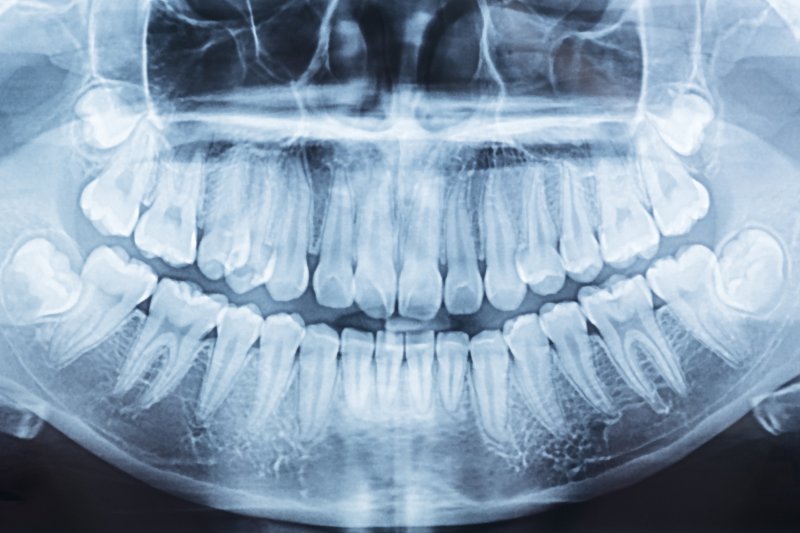
Wisdom teeth removal is considered almost a rite of passage for many young patients. Typically, teenagers and young adults are the most likely candidates for the procedure, as this is when the third molars tend to erupt. For some, these teeth move into place with no issues at all; however, many individuals experience a partial eruption or impacted wisdom teeth. As a result, these cases can lead to worsening oral health problems if left untreated. Read on to learn what can happen if these third molars are left in place and why it’s necessary to perform a wisdom tooth extraction on certain patients.
What Are Wisdom Teeth?
Wisdom teeth appear in the furthest part of the oral cavity on the upper and lower arches. Once used by ancient humans to chew and gnaw dense foods, the changes in diet and facial structure over the millennia led to a narrowing of the jaw, causing these teeth to no longer have room inside the oral cavity. As a result, they become stuck and require removal to avoid more serious dental issues.
What Problems Can Arise if Left Untreated?
Although not all patients need to have their wisdom teeth removed, it is often a recommended procedure for those who experience partial eruption or impaction. If left untreated, it is possible to experience the following issues:
- Damage to nearby healthy teeth because your wisdom teeth are pushing against normal teeth, resulting in alignment and bite problems.
- Damage to the jaw, as cysts can form around these teeth and damage the nerves.
- Sinus problems with increased congestion and pressure.
- Gum inflammation that makes partially erupted wisdom teeth harder to clean and results in periodontal disease.
- Cavity formation because of gum pockets that form and easily trap bacteria, causing cavities.
If you or your dentist begin to notice any of these issues, it’s time to have your wisdom teeth removed.
How Are They Removed?
Depending on whether your wisdom teeth are partially erupted or impacted, your dentist will decide the best way to remove them. If a small portion is exposed, it will require administering local anesthesia before gently rocking the tooth back and forth until it detaches from the ligaments holding it in place. If the tooth is impacted, an incision in the gums will be created to expose the underlying tooth. Your dentist will then remove it in sections to ensure an easier and cleaner process.
No matter the type of procedure, you can trust that once your wisdom teeth are removed, you will enjoy greater oral health moving forward. Without these teeth to negatively impact your natural ones, you can worry less about potential damage or decay.
About the Practice
Blue Coast Dental Group wants you to be happy with your smile. This is why our team is here to help should you experience pain, swelling, or other serious oral health problems. If you notice that your wisdom teeth are causing irritation to your soft oral tissues or immense discomfort, make sure to call (310) 424-3100 or visit our website. We will examine your smile to determine if extraction is necessary.
